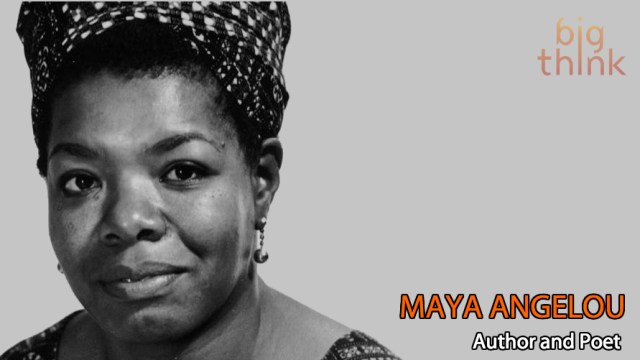Harvard Students Debated Prison Inmates and Guess Who Won

The Harvard debate team, 2014 world champions, just lost against a seemingly unlikely competitor — prisoners at the Eastern Correctional Facility. The winning team is part of the Bard Prison Initiative, which offers incarcerated men and women the chance to receive a college education while serving their time. The workload, its mission statement asserts, is “rigorous … an unusual mix of attention to development skills and ambitious college study.” According to The Guardian, which covered the story:
“The inmates were asked to argue that public schools should be allowed to deny enrollment to undocumented students, a position the team opposed. One of the judges, Mary Nugent, told The Wall Street Journal that the Bard team effectively made the case that the schools which serve undocumented children often underperformed. The debaters proposed that if these so-called dropout factories refuse to enroll the children, then nonprofits and wealthier schools might intercede, offering the students better educations. She told the paper that Harvard’s debaters did not respond to all aspects of the argument.”
This is remarkable for three reasons: Prisoners beat an Ivy League debate team; Bard is humanizing people normally left out of society; and a prestigious educational institution is using the word “ambitious” in conjunction with incarcerated men.
At first glance, it’s easy to miss the bigger picture. It seems like the human interest stories they tack on at the last five minutes of the evening news, to uplift you after 25 minutes of depressing world events. The story isn’t that the team won; it’s that a segment of the population that we normally dismiss as bad, wrong, disturbed, and hopeless is being seen for what they are: people.
Our skyrocketing incarceration rates are less related to crime than to racial politics, tough-on-crime rhetoric, and for-profit prisons, says historian Robert Perkinson.
I recently wrote about how neuroscientists are proving that there is no consistent self, and the hope we can find in that. These men and women are in prison because (assuming they are all guilty) they broke the law. It’s true that their actions were most likely heinous, unthinkable crimes. Our culture responds by saying, “You did something bad so you are bad; go to prison so we never have to think about you again.” But if we are more than our actions, and if we all have the capacity to evolve, to grow, to aspire, and inspire, why should that logic not be extended to prisoners?
Bard is educating these men and women because it believes that they have the ability to learn and change. Often people who commit crimes are a product of their environment, especially in the inner city where poverty, gangs, and drugs are so prevalent. If we can help break that cycle by showing that everyone has the capacity to rise above their circumstances, isn’t it possible that we could lower our obscene incarceration rate, lower the crime rate, and begin to humanize the people whose identities were previously defined by their crimes?
Some of the graduates of the Bard Prison Initiative have gone on to obtain advanced degrees from Ivy League universities. So how would you define them — as criminals, as Ivy League graduates, a good person, bad person, or more accurately are they a composite of all of these? I’m not the same person I was a few weeks ago, a year ago, or 10 years ago, and I wouldn’t want to carry the burden of a past self with me every single day. I’ve never killed anyone, but I’ve done and said things I wish I hadn’t, and I’ve forgiven myself. Maybe we should extend the kindness we show ourselves to those who need it most. If that seems unrealistic, I suppose it’s up for debate.
—
Lori Chandler is a writer and comedian living in Brooklyn, NY, which is the most unoriginal sentence she has ever written. You can look at her silly drawings on Tumblr, Rad Drawings, or read her silly tweets @LilBoodleChild. Enough about her, she says: how are you?
HARVARD PHOTO CREDIT: iStock
PRISONER PHOTO CREDIT: iStock
COLLAGE: Lori Chandler





